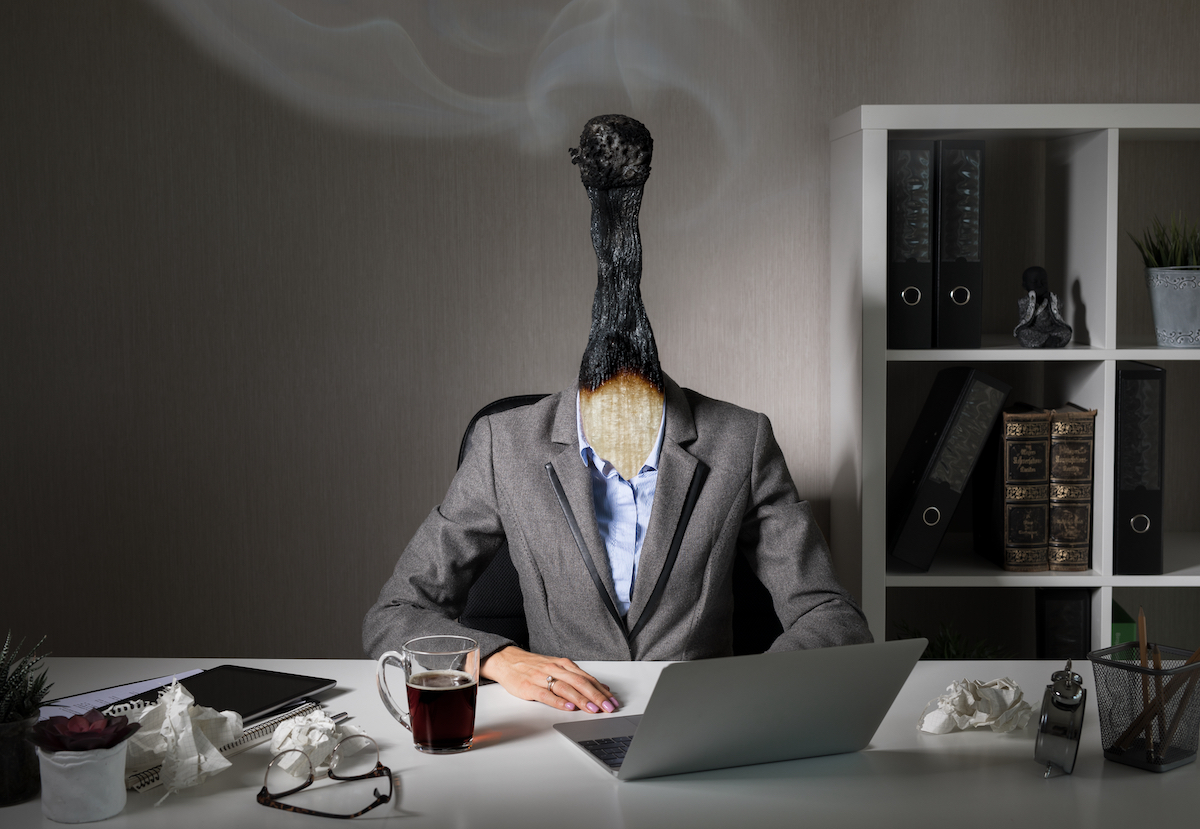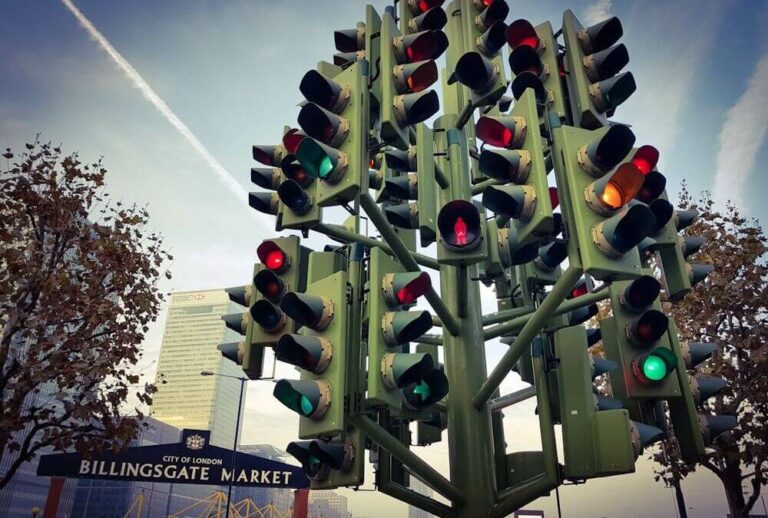Burnout is exceptionally relevant these days. Not only because you’ve probably heard about it all over social media, but because so many of us have actually experienced it recently or are going through it right now. Work/life balance is hard to achieve even in the perfect circumstances, but with the current state of affairs and the global pandemic, it’s been harder than ever. Many of us found ourselves working from home, feeling isolated and exhausted, irritated by the easiest tasks, or drowning in apathy. You’d think working from home would make it easier on our mental health, and for some it is. But many people feel like they’re imprisoned in their own home, doing the same thing every day, and tackling work tasks gets harder and harder. Despite the fact that the conversion about burnout is ongoing, few really know enough about it. There are many myths about burnout, mostly created by those who only heard about it and never bothered to dig deeper and find the correct meaning of it. We’re here today to bust some myths about the causes of burnout.
1. Burnout Happens To Weak People
First of all, burnout doesn’t discriminate, it’s coming for everyone. It doesn’t matter if you’re working part-time as a waitress while pursuing an acting career, or if you’re a high-achieving lawyer or the CEO of a huge company. Burnout just happens to those who are overworked, and the threshold for that is different for everyone.

2. If You Love What You Do You Won’t Experience Burnout
Actually, people who are truly passionate about their job are even more likely to experience burnout than those who are just working a job they feel neutral about. Those artists that are putting everything into their work, the students who are trying their best to combine their university schedule with an internship to get their foot in the door, the young professionals doing their best to climb the corporate ladder and achieve success in their dream profession – all of them are equally likely to burn out.

3. Burnout Will Pass On Its Own
Burnout is not the common cold, it won’t just pass in a week on its own. It’s not something that just happens suddenly. Burnout doesn’t happen overnight, and it won’t just disappear in a weekend. You can’t just ignore it until it goes away. In fact, you might just make it worse if you try to ignore it. If you start just feeling numb to the world and everything that surrounds you – that’s a symptom of getting worse, not better.

4. You Can Fix Burnout With A Vacation
Burnout isn’t just about feeling tired. It brings on a whole lot of horrible health problems like fatigue, insomnia, unexplained weight gain, inability to focus, feeling overwhelmed, and in some cases even hair loss, depression, and apathy. So yeah, you are not fixing it with a long weekend or a short vacation. Recovering from burnout takes a lot of time, effort, and even help from health professionals.

5. Burnout Isn’t Real, It’s Just Millennials Complaining
Believe it or not, but people over the age of 50 suffer from burnout a lot, they might just not know the correct term. After 50 your body struggles to deal with stress and the possibility of burnout is that much higher. Millennials know about this better than anyone because they’ve seen their parents go through it and they know that they gotta take care of their own health, that’s why they talk about mental health so much. They know how important it is, so you should thank them really.

6. You Can Hide Burnout
You might think you’re hiding it well and no one will ever find out, but eventually, it will show its ugly face, and not only will you not be able to hide it, but you also won’t have the energy to even care. It’s best to just be open about it and discuss ways of dealing with it with the people around you, your therapist, or even talk to your boss about changing up your work conditions if you feel like that’s possible.

7. Burnout Means You Need To Quit Your Job
Burnout is pretty difficult to deal with and for many, it feels like the end of their career. They just feel like they will never be good at their job and they should just give up and quit. Some people do, and for some, it’s the right choice at the time. But you don’t have to quit a job you like because of burnout, you just have to find a way to readjust your life/work balance and recover. And once you will make sure you remember how it felt, so you don’t burn out again.















+ There are no comments
Add yours